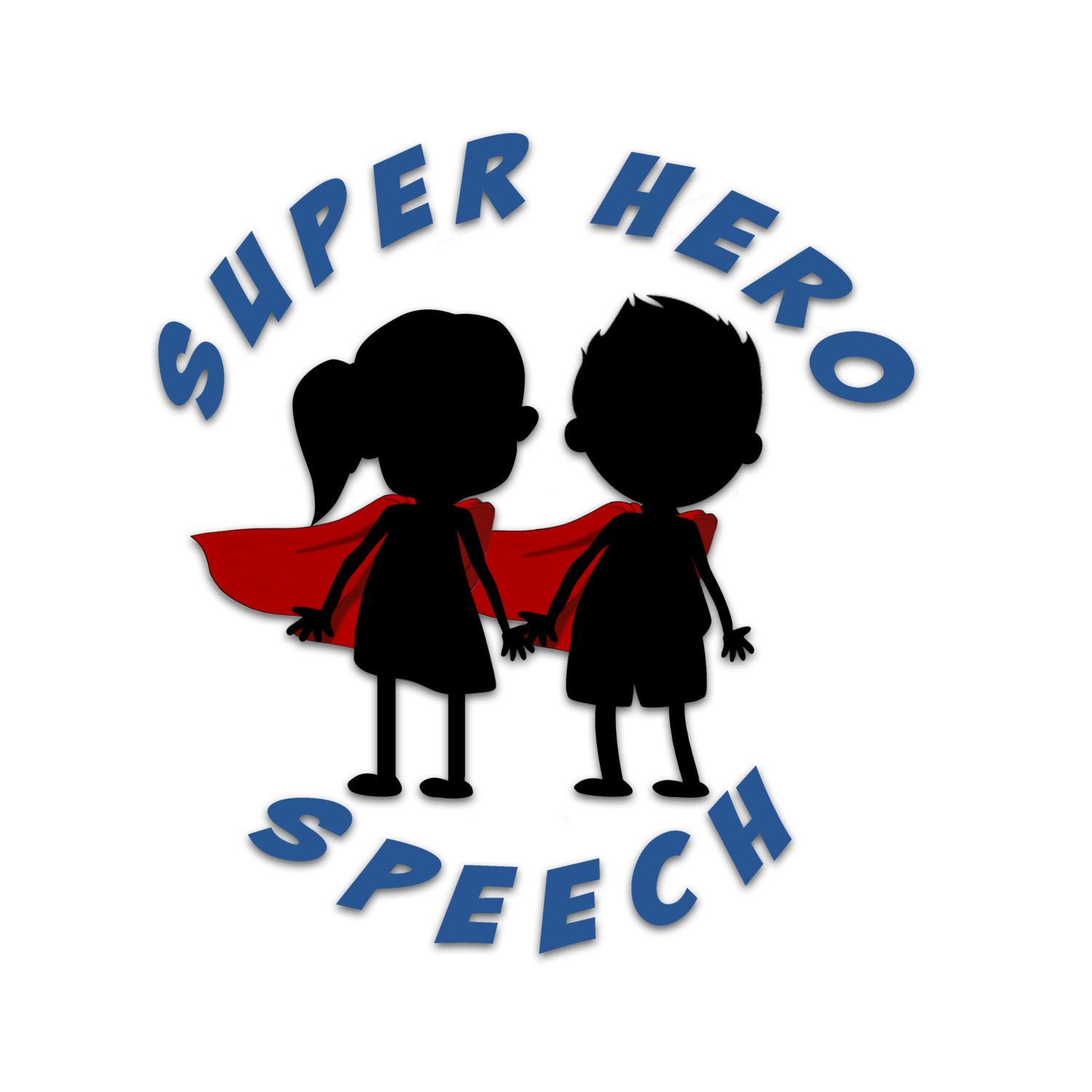Feeding Therapy
Super Hero Speech provides Feeding Therapy with both Speech Language Pathologists and Occupational Therapists. Feeding difficulties can be behavioral, anatomical, or physiological. Feeding therapy can be provided to children who have difficulties with the different phases of swallowing, aversions to certain foods and/or textures, and fine motor difficulties causing the child to not be able to control the utensil toward their mouth. The three phases of swallowing include:
Oral Phase
During this phase, we suck/chew our food and liquid and move it to our throat to prepare for swallowing. This phase includes feeding.
Pharyngeal phase
During this phase, we swallow our food. We close off our airway to keep the food and liquid out and to prevent ourselves from coughing or choking.
esophageal phase
During this phase, the opening and closing of the esophagus takes place. The food is moved down to the stomach. It can get stuck in the esophagus, causing us to possibly throw up if there is a problem.
According to the American Speech and Hearing Association (ASHA):
Your child may have a feeding or swallowing problem if he/she:
Arches his/her back or stiffens when feeding
Cries or fusses when feeding
Falls asleep when feeding
Has problems breast feeding
Has trouble breathing while eating and drinking
Refuses to eat or drink
Eats only certain textures, such as soft food or crunchy food
Takes a long time to eat
Has problems chewing
Coughs or gags during meals
Drools a lot or has liquid come out of his/her mouth or nose
Gets stuffy during meals
Has a gurgly, hoarse, or breathy voice during or after meals
Spits up or throws up a lot
Is not gaining weight or growing
Not every child has every sign listed here. Your child may show a few signs or many of them.

